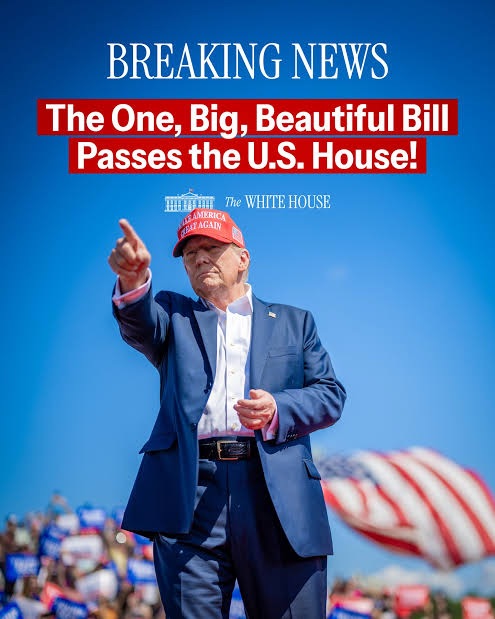A federal court delivered a significant blow to Texas on Tuesday, blocking the state from implementing a newly redrawn U.S. House map aimed at bolstering the Republican majority ahead of the 2026 elections. This ruling can potentially reshape the political landscape as it highlights ongoing debates about gerrymandering and the representation of minority groups.
The 2-1 decision by a panel of federal judges in El Paso sided with critics who contended that the map was manipulated to diminish the voting power of Black and Hispanic residents. This ruling came with a sense of urgency, leading Texas officials, including Governor Greg Abbott, to file an appeal with the U.S. Supreme Court.
Judge Jeffrey V. Brown, appointed by former President Donald Trump, authored the ruling, asserting that evidence pointed towards a racially gerrymandered map. The ruling emphasized that while partisan advantage played a role in redistricting efforts, the ramifications for minority communities were substantial.
“The Legislature adopted those racial objectives,” the ruling stated, suggesting that the map's design was intended to reduce minority representation in Congress.
The decision is part of a broader national confrontation over redistricting, which has seen states like Missouri and North Carolina also making adjustments to congressional boundaries with potential partisan benefits in mind.
California recently approved a measure to offset Republican gains by adding Democratic seats, further intensifying the political maneuvering around congressional maps.
Reacting to the ruling, Democratic Governor Gavin Newsom of California tweeted: “Donald Trump and Greg Abbott played with fire, got burned — and democracy won.” The Texas ruling has been framed as a major victory for voting rights by groups advocating for minority representation, stating it rebukes attempts to undermine the political power of Latino and Black voters.
As the case progresses, it’s clear that the outcome of the appeal and the larger context of U.S. redistricting will significantly impact the political landscape moving forward.





















